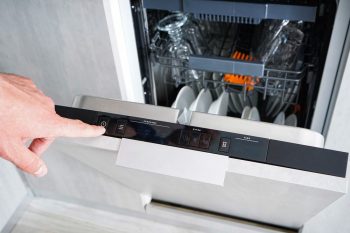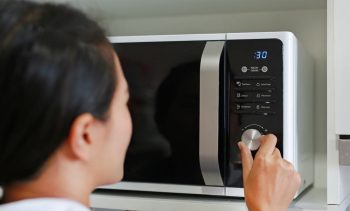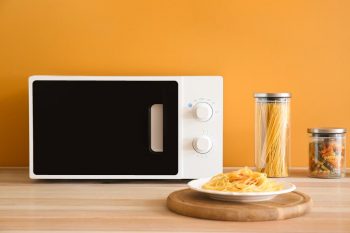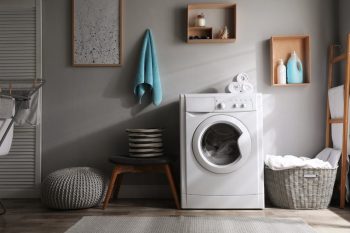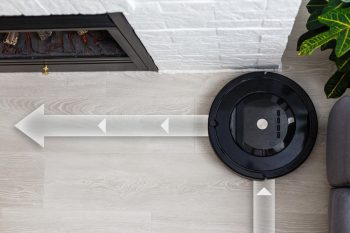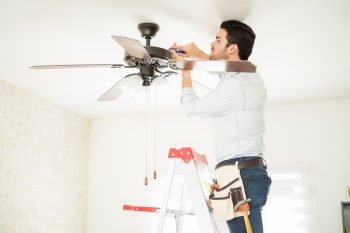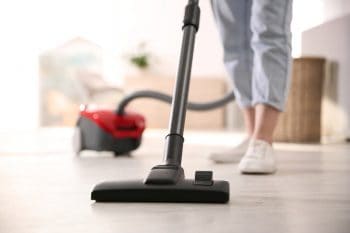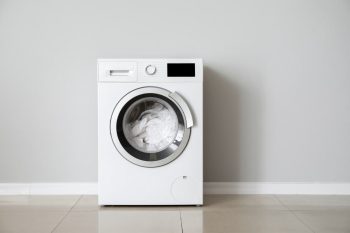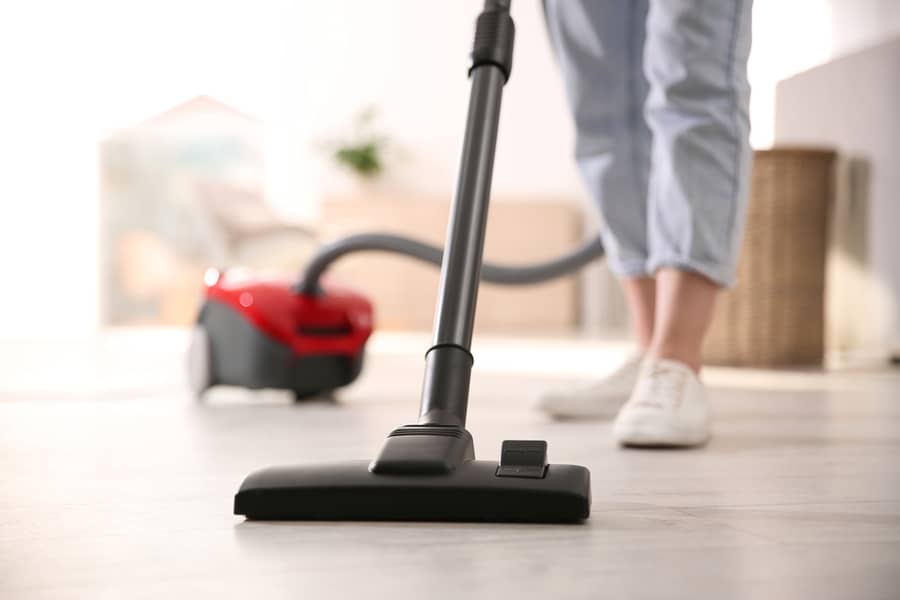
Ever heard the sound of your vacuum and wondered why vacuum cleaners are so loud? It’s not only how they are. There are a plethora of reasons why this could happen.
The primary reason why all vacuums sound that loud is the suction system.
The machinery installed in a vacuum works by the phenomenon of suction, and the process of pulling things towards its tank with powerful airflow makes it sound loud.
The loudness of your vacuum speaks for its suction power. The process of producing a solid inward blow of air makes it noisy.
Some other reasons that add to its loudness are the following:
- Clogged Filters.
- Sharp Edges.
- Problem With the Motor.
- Dated Vacuums.
- Blockage.
- Dysfunctional Fan.
Let’s briefly take you through all these reasons that will help you solve particular issues with your vacuum.
Reasons Why Your Vacuum Is So Loud
Vacuums generally have a loud voice that indicates the smooth operation of their motor and suction system. The suction system produces loud sounds when the vacuum is functioning.
The higher the vacuum’s suction power, the louder the sound it will produce. Therefore, before getting upset about the loudness, make sure it is different from its familiar sound.
Besides the normal functioning of the suction system, here are some most common reasons why your vacuum is getting strangely loud:
1. Clogged Filters
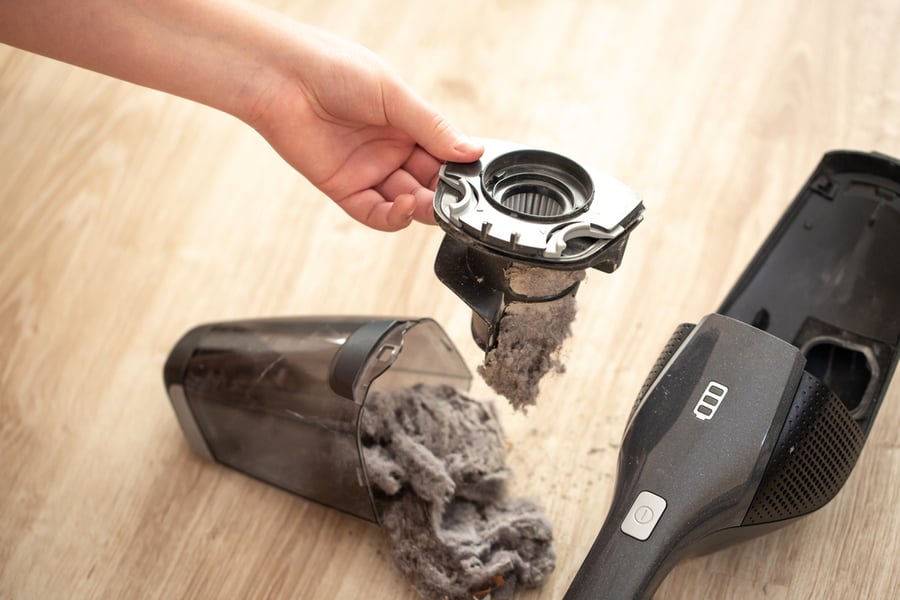
Filters ensure that no foreign particle enters the internal machinery of your device, and while doing so, they have a high chance of getting dirt and clutter piled up on them.
This is why the filters need regular cleaning. If you fail to do so, the particles stuck in the filter may start producing friction against the walk of the device, making it sound louder the usual.
If the voice of your machine is accompanied by an unpleasant sound of things bumping into the internal machinery, it could be a sign that the filters are acting up.
Solution
All you need to do to get over this problem is clean the filters. But first, read the user manual on how to clean them and follow that procedure.
If they are blocked to the extent that has damaged them, replace them with new ones.
2. Sharp Edges
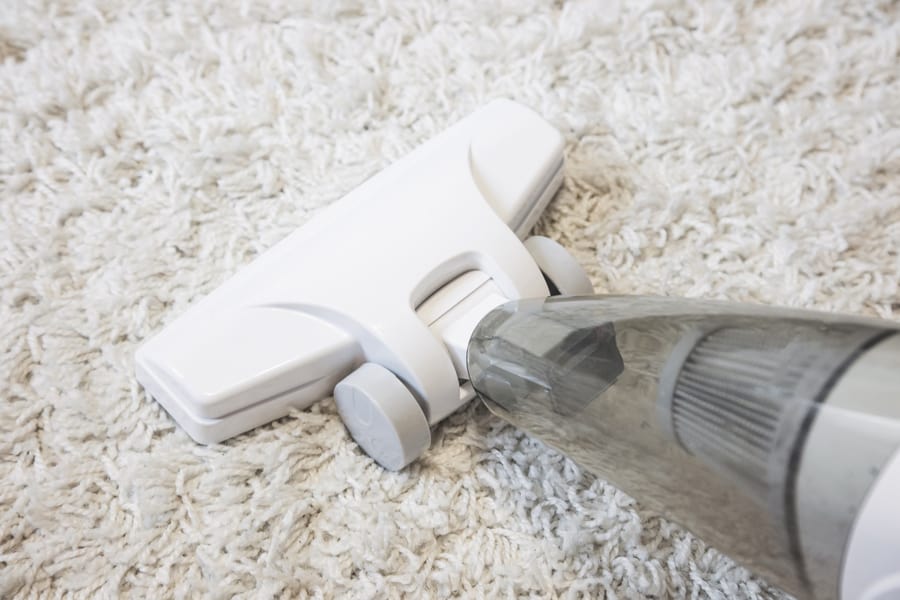
Another untapped reason is the presence of sharp edges. The tubing of the vacuums is mainly made of plastic and can have rough edges.
The rough edges cause maximum friction of the air that eventually produces higher sound than usual, making your vacuum surprisingly loud.
Solution
This problem can be solved as easily as rounding off the sharp edges of the tubes. This will allow a smoother flow of air and decrease its sound frequency.
3. Problem With the Motor
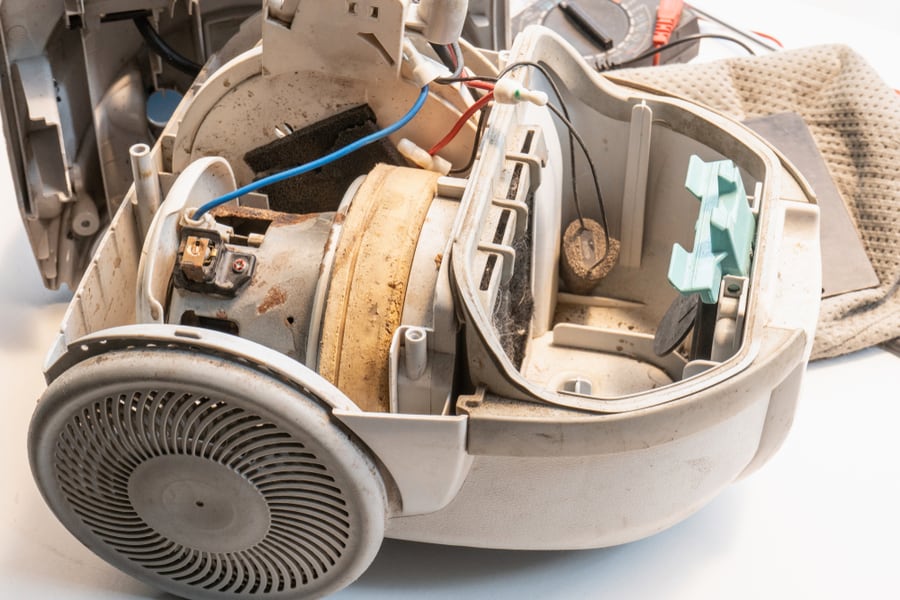
The motor is a core functional part of a vacuum. Therefore, any problem with this part can interfere with its loudness, efficacy, and performance.
Therefore, you will need to rule out the motor problems in your machine.
You will need to call a professional mechanic to check the motor if you cannot diagnose the problem yourself.
If the motor is noisier than the regular motors, it could be a sign that it is starting to fail.
Solution
Replacing the motor with a new one is the best choice to deal with a failing motor. However, even if repaired, it will not be able to survive for a long period.
However, being the main part of the machine, they can be expensive to buy and install.
You can also stretch your budget a little a buy a new machine for your house.
4. Dated Vacuums
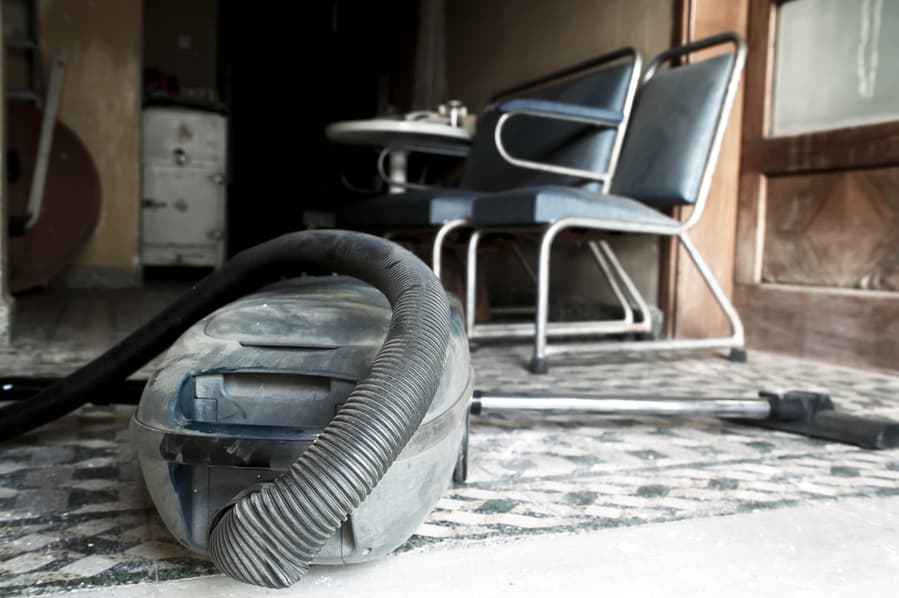
Just like all other electric machines, the overuse of vacuums can render them ineffective and slow after some time.
When the motor runs long, it becomes prone to wear and tear. Eventually, the damaged internal parts cause more friction and noise.
Solution
You can easily get a professional service for your old device to improve its longevity. Moreover, you can sell your old but functional vacuum on any online marketplace and add some money to it to buy a new one.
Nowadays, there are many noise-efficient models of these devices that you can choose to buy.
Strangely loud vacuums perform poorly and seriously threaten your health as they put you at risk of permanent hearing loss.
Therefore, always use protective hearing devices as soon as you pick up something wrong in the sound of your vacuum.
5. Blockage
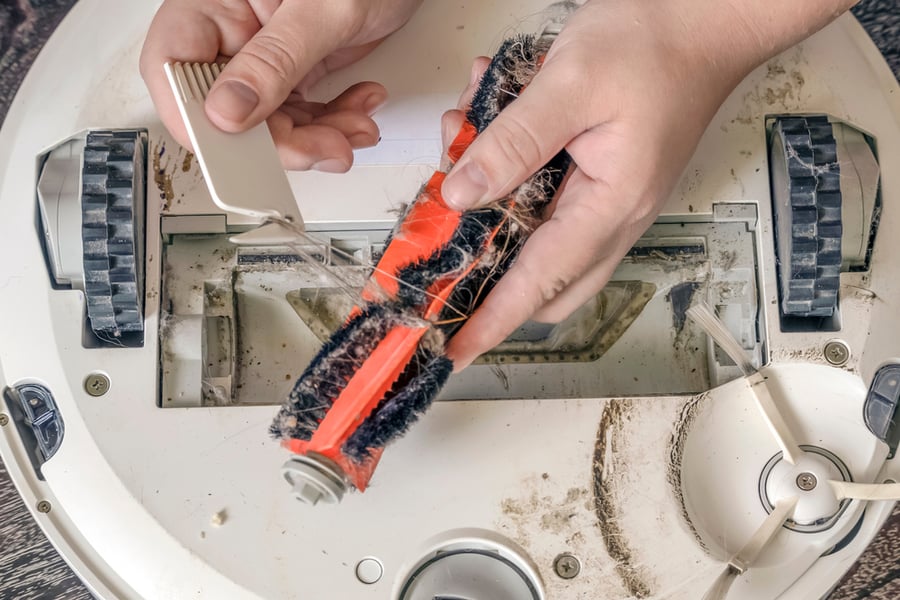
the blockage in the airpipes, filters, motor, or any other internal part of your device can also make it sound unusually loud.
You will need to remove the outer cover of your machine and exp[ose the internal machinery. Check if there’s anything stuck in your vacuum’s dirtbag, filters, airpipes, or other parts.
Solution
If hair or any fiber-like material is stuck in the machinery that you can easily see, remove it manually or use a narrow rod or pointed device to unblock it. But, the blockage is somewhere you can’t see with your naked eye, call a professional for help.
6. Dysfunctional Fan
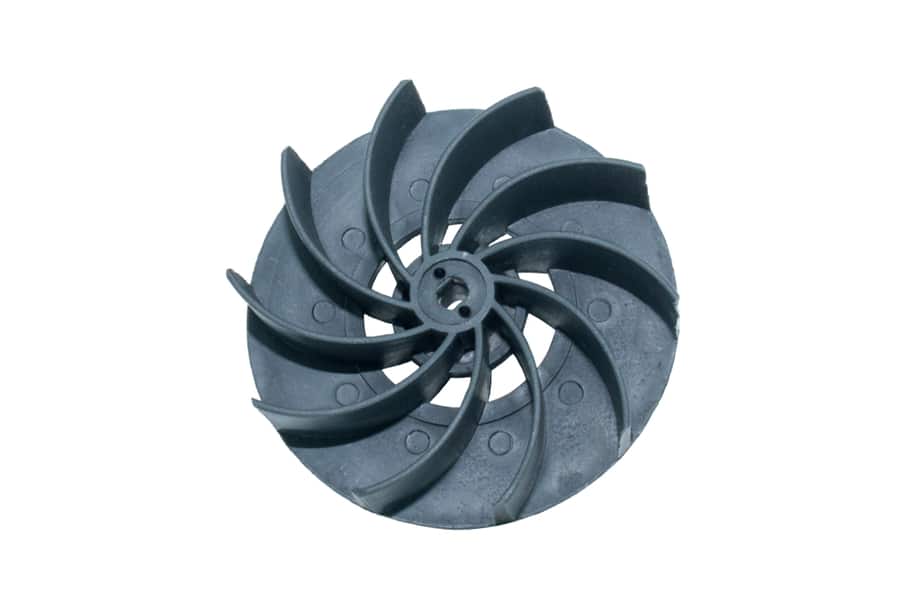
The fan is a part of the vacuum that produces the inward airflow and causes the average loudness in any such device. If it is not functioning properly, it can make an unusually loud noise.
Solution
Read the user manual to know the average loudness of your device. If it is any louder than the aid range, get it checked by a mechanic.
You can also check the fan and ensure it’s clean and nothing is stuck there. Remove any dust it debris piled up on the fan if there is any.
Takeaway
Vacuum cleaners typically sound loud, ranging from 70 dB to 90 dB.
However, your device can sometimes start to sound even louder for many reasons, from clogged fans and filters to damaged motors and edges.
We have briefly discussed each reason along with its solution in this blog. Make sure you correctly identify the issue with your device and follow a solution accordingly.
Frequently Asked Questions
Why Is My Vacuum Cleaner Making a Loud Vibrating Sound?
This type of sound is an indication that there is something stuck in the brush roll of your vacuum. Expose the brush roll and remove the debris to make it sound normal again.
Are Vacuum Cleaners Normally Loud?
Yes, they can normally be very loud. Their normal noise ranges up to 90dB, and any noise higher the that can be an indication of a problem.

